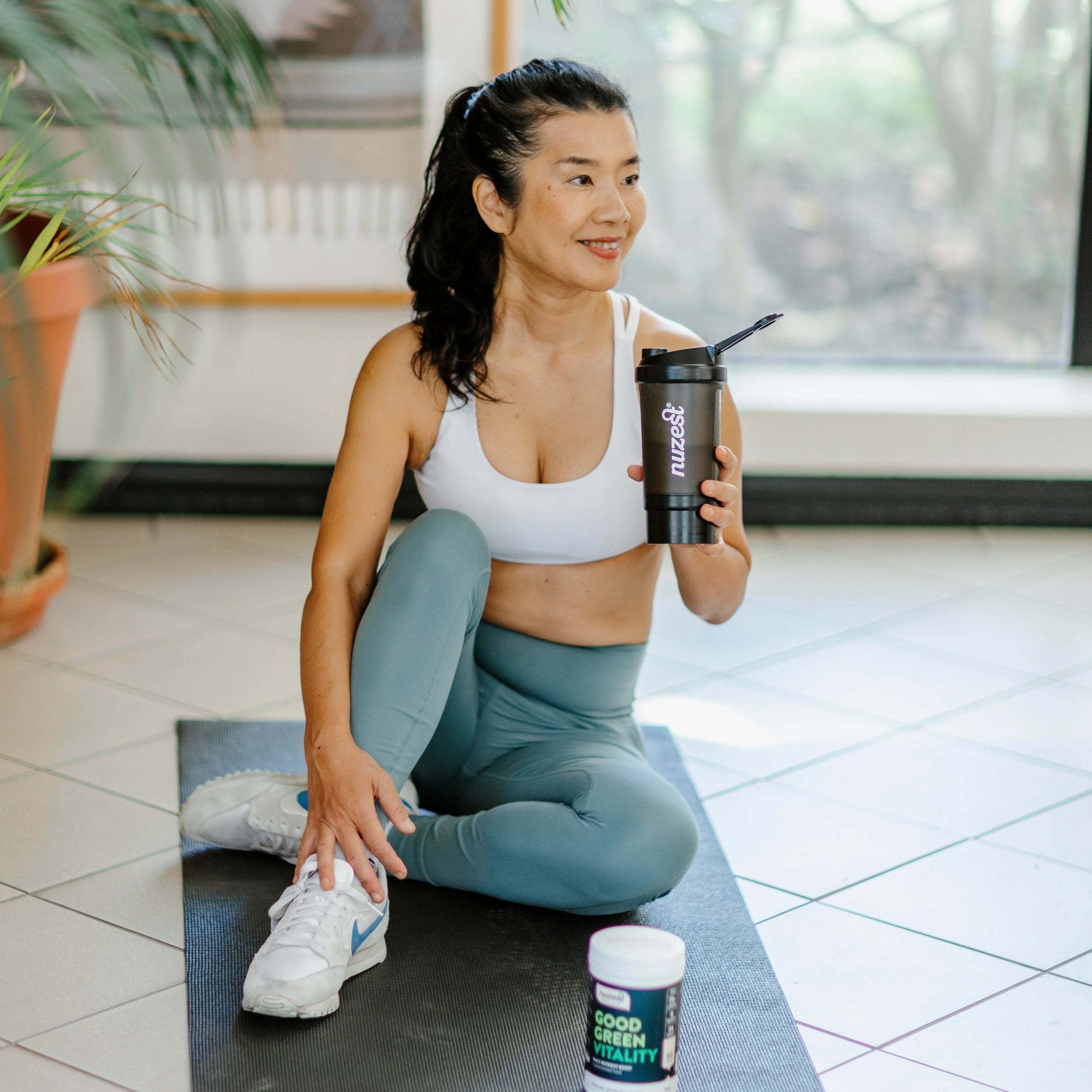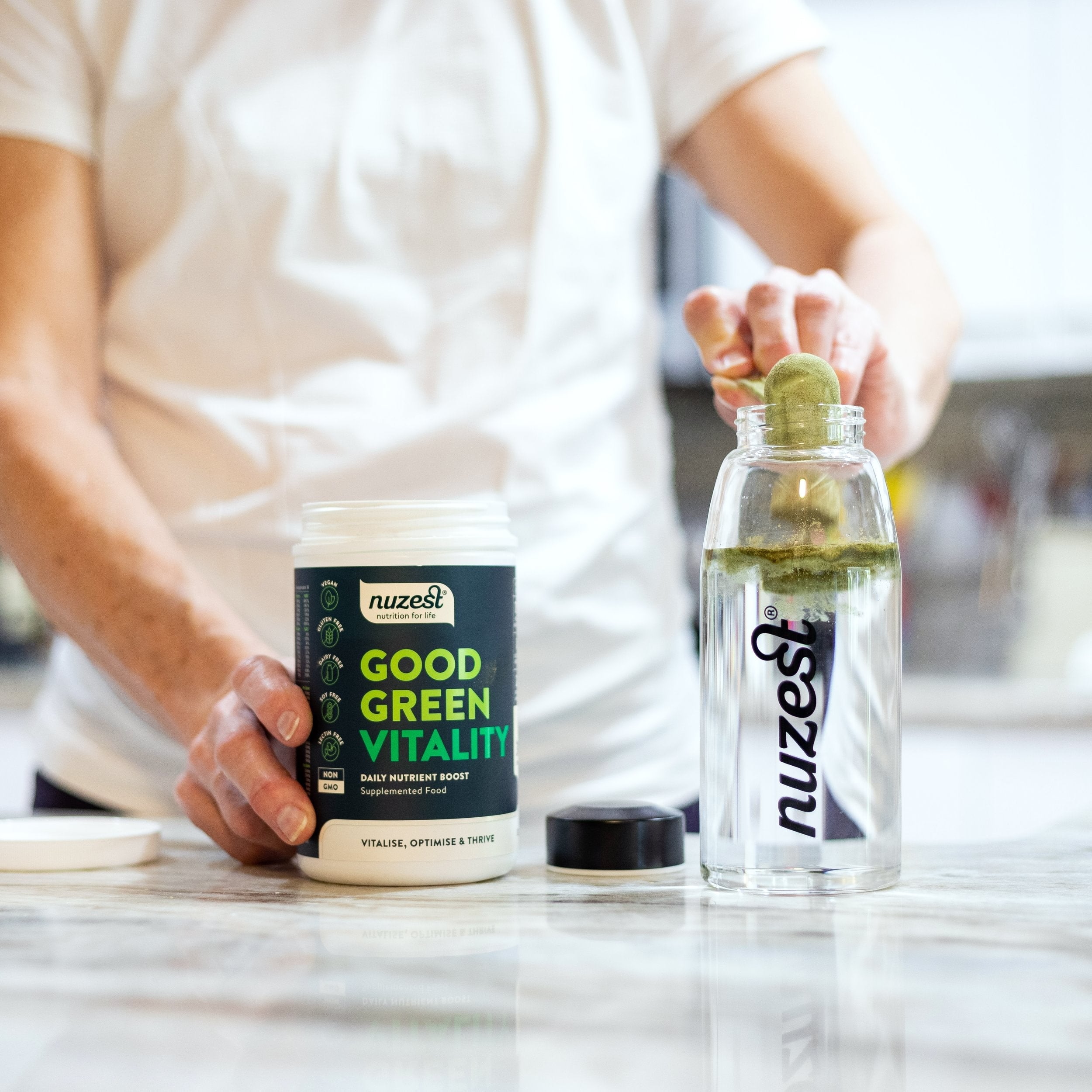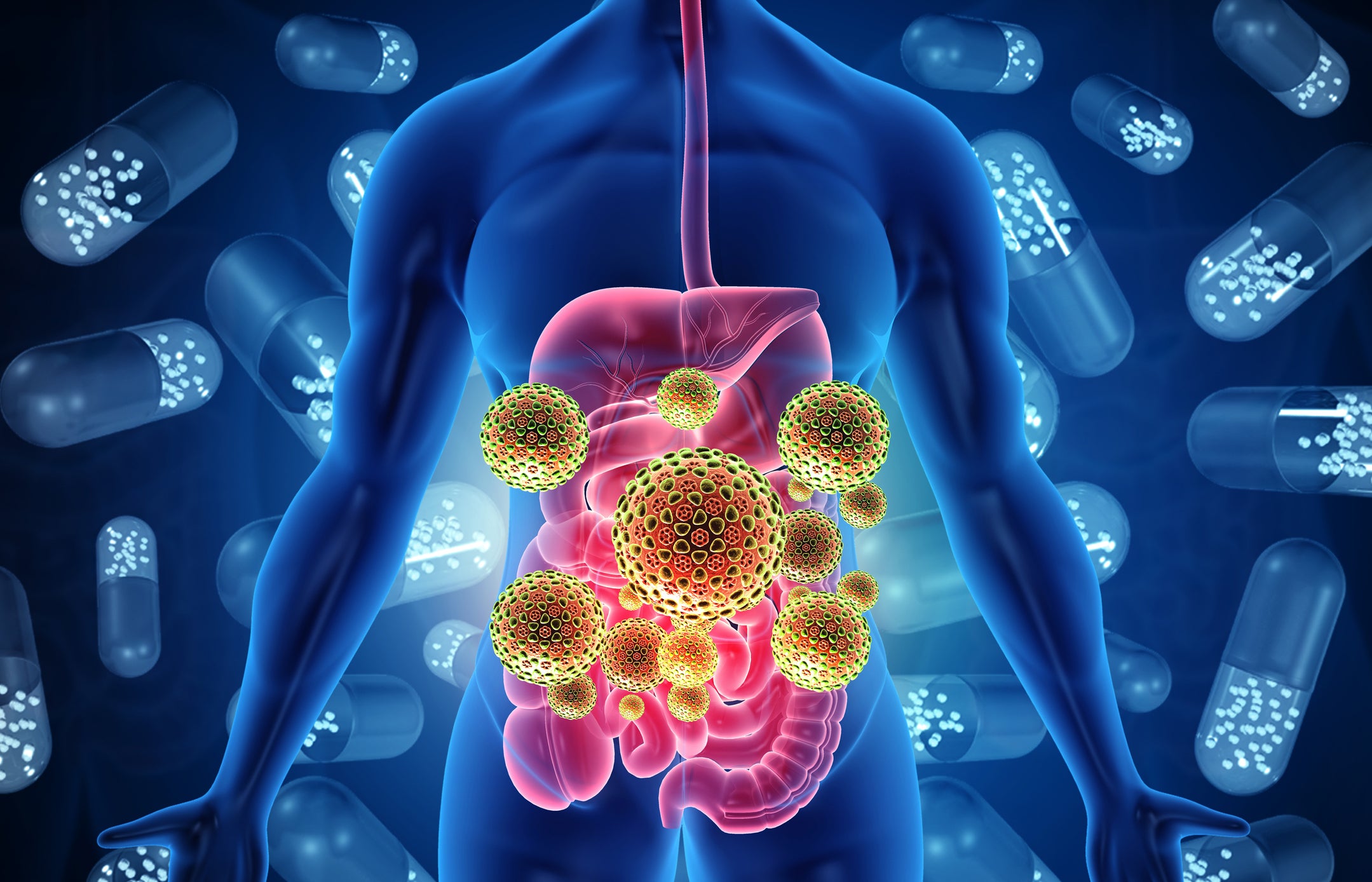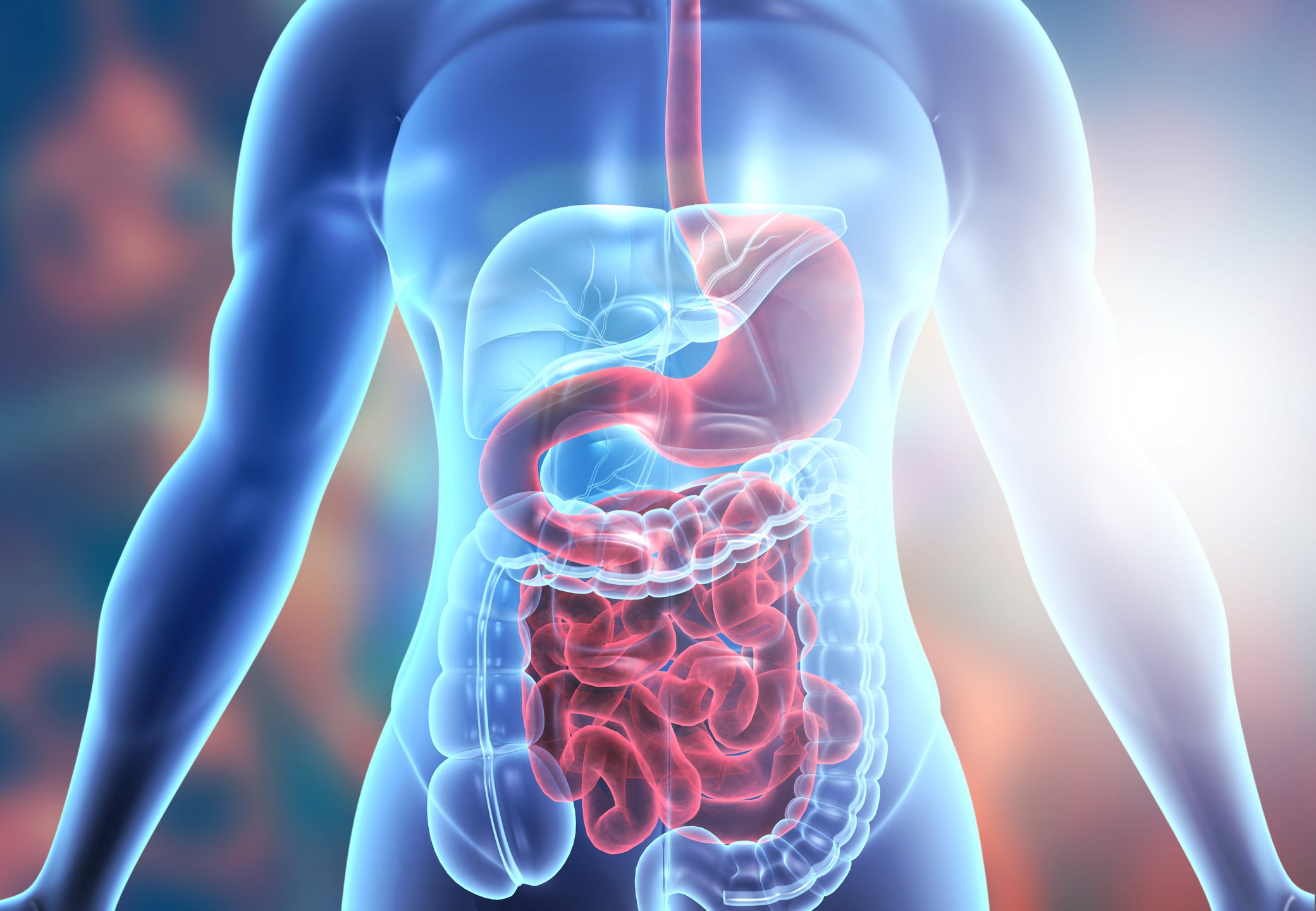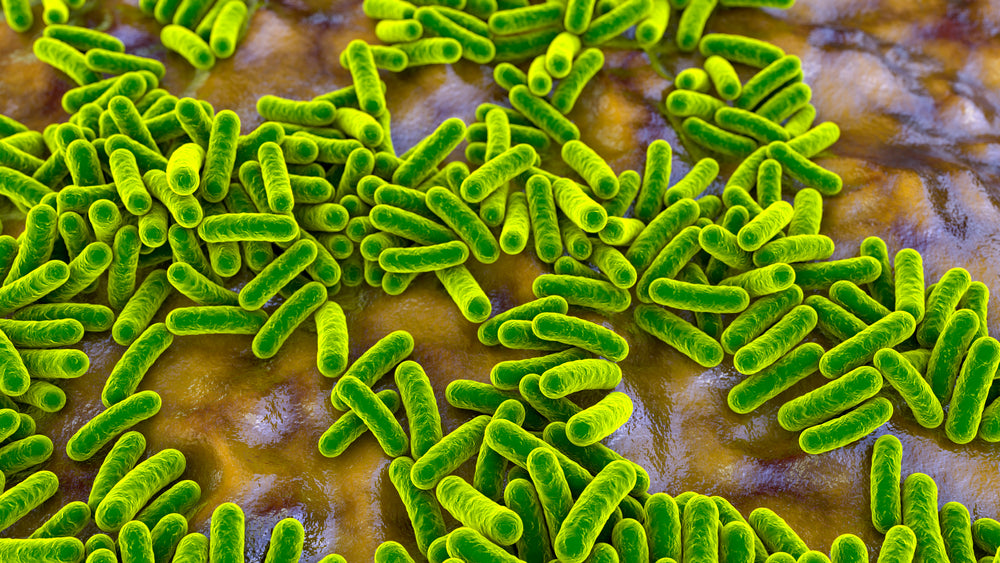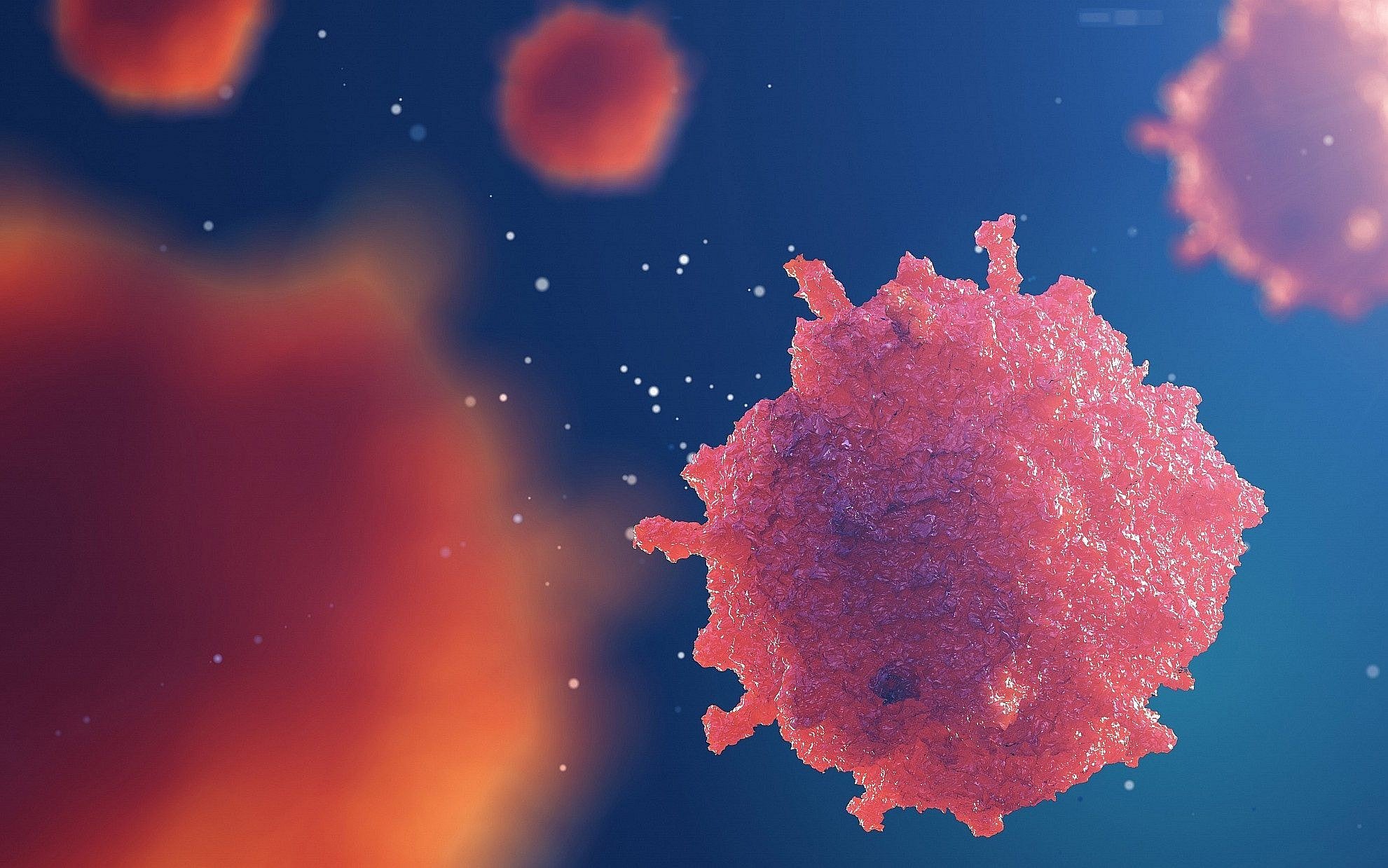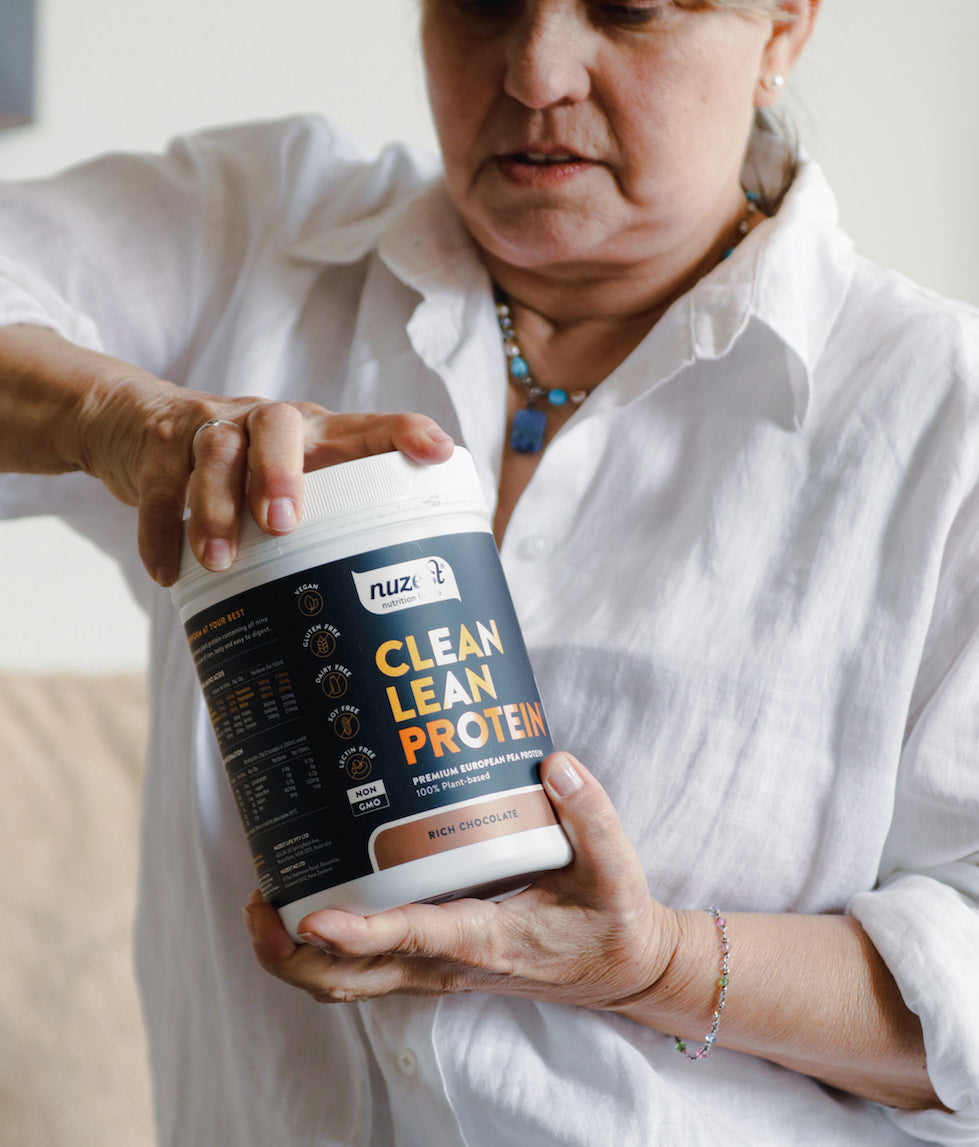Author: Dr Cliff Harvey (PhD, DipFit, DipNat) and Bella Marinkovich (DipNut).
Good health is the foundation for our mental and physical performance. It also allows us to be in a good position to deal with health conditions and the many other things that life throws our way.
Despite many of us being confused about the best way to shape our nutrition and lifestyle behaviours for optimal health, there are many simple changes that can be made to enhance our overall wellbeing.
Nutrition
Nutrition for general health and wellbeing comes down to making sure you have a solid foundation.
This includes:
- An appropriate energy intake (not too much and not too little!)
- Sufficient protein
- Sufficient essential fats
- Sufficient vitamins and minerals
- Appropriate intake of carbohydrates
Achieving this may seem a little daunting. However, a few simple strategies can help us to achieve this and self-regulate how much and what we eat.
1. Eat natural, unrefined foods
Diets that are based on unrefined foods are typically more satiating than diets that predominantly consist of highly processed and refined foods. They are naturally higher in fibre, which helps to leave you feeling fuller and more satisfied for longer. Eating natural, unrefined foods allows the body to better ‘auto-regulate’ its energy intake, meaning that you won’t be as prone to over or under-eating. For most people, this ‘natural first’ approach both helps to ensure an appropriate energy balance, without having to count calories, and provides the essential nutrients required for good health.
2. Build meals around protein
Protein is the most satiating nutrient and therefore can help to avoid overeating without the need for counting calories. Prioritising protein by building your meals around this macro-nutrient also has considerable benefits to overall health.
Increased protein intakes (relative to other nutrients) has been shown to:
- Help the body to retain muscle and lose fat[1] [2] [3] [4]
- Reduce blood pressure, improve blood lipids, and reduce fat stores[5] [6]
- Reduce bone loss and improve the strength of bones as we age [7] [8] [9]
- Help the body to retain immunity and reduce infection by increasing glutamine intake[10]
3. Eat plenty of vegetables
Vegetables are good for our health, period. Increasing your fruit and vegetable intake from less than three to more than five servings per day is related to a 17% reduction in heart disease risk[11]. Research also indicates that for every serve of fruit or vegetable that is added to the diet each day results in a 4% reduction in heart disease risk [12]. It has been suggested that the daily five serves of vegetables that is currently recommended in national
nutrition guidelines is not enough for optimal health[13].
Instead, it has been put forward that up to ten serves of fruits and vegetables (with the majority being vegetables) each day is the better amount for best health[14].
Vegetables are also high in fibre which helps to fill us up and contain a bunch of essential vitamins and minerals that play a role in the hundreds of bodily processes required for good health. Interestingly, eating high-fibre foods such as vegetables paired with protein leads to a lessened desire to overeat and may also help to reduce sugar cravings[15].
4. Ensure you are getting sufficient essential nutrients
It is important to remember that every system of the body (all 11 of them) requires a unique mix, and sufficient pool, of essential and micronutrients to optimally function. Without each of your systems working as best as they can, it is nearly impossible for you to get the best of you.
For example:
- The gastrointestinal system, which looks after digestive function and waste elimination, is supported by fibre, probiotics, prebiotics and digestive enzymes.
- The immune system, which defends the body against pathogens (such as bacteria and viruses), is supported by nutrients such as vitamin C, vitamin D and zinc.
- The nervous system, which looks after your brain health and is responsible for cognition and the information that is sent around your body, is supported by B-vitamins, bioflavonoids and CoQ10.
- The circulatory system, which delivers oxygen, nutrients and energy throughout the body and helps to eliminate waste, is supported by calcium, potassium and antioxidants such as those found in green tea, hawthorn berries and spirulina.
- The endocrine system, which produces hormones, looks after stress and plays a large part in how you feel, is supported by iodine, fatty acids (omegas -3, -6 and -9) and selenium.
- The integumentary system, which is the physical barriers and connective tissues that protect our body from infection (such as your hair, skin and nails), is supported by protein, vitamin C, vitamin D and vitamin B7 (biotin).
- The muscular system, which is responsible for how the body moves, is supported by protein, magnesium, potassium and zinc.
- The renal and urinary systems, which are responsible for removing waste via the filtration of the kidneys, is supported by sodium, dandelion and beetroot.
- The reproductive system, which allows you to produce offspring, is supported by vitamin B6 (pyridoxine), ashwagandha, grapeseed and ginger.
- The respiratory system, which allows us to breathe by extracting oxygen from the air and removing carbon dioxide from the body, is supported by bioflavonoids, fruits and vegetables.
- The skeletal system, which consists of the bones of the skeleton and is responsible for maintaining the structure of the body, is supported by calcium, vitamin D and vitamin K.
This highlights only some of the key nutrients required to support the 11 body systems. The reality of the nutrient necessity is much more complex than this guide will allow, however, it is important to note that each body system requires a wide variety of essential nutrients in varying degrees. The best way to get enough of these essential nutrients is to eat a varied and colourful diet of whole foods, with a particular focus on consuming plenty of vegetables. However, despite our best efforts, this can sometimes be tricky.
5. Snack smart
While we’ve been told for decades that eating small meals and snacks through the day is the best way to maintain weight, the evidence actually shows a strong link between snacking and poor food choices and obesity and this can, over time, worsen health[16].
However, healthy snacks can be a useful tool to curb hunger and prevent overeating at mealtimes. The best option for you is one that allows you to be optimally fuelled and optimally healthy. For many people, the best strategy is to focus on meals (not snacks), but for some, snacks can be beneficial. Snacks can be based on one, or a combination of, the food groups outlined in the meal matrix on pages[17] [18].
6. Supplement
While we always encourage a healthy diet as your main source of nutrition, today’s lifestyle and environment mean our bodies often need a little more help to enjoy optimal health.
Good Green Vitality is a powerful multi-nutrient formula designed to help you thrive. Designed to support all 11 body systems from energy production and cognitive function, to the immune system and gut health, it’s packed full of vitamins, minerals, herbs and nutrient-boosting compounds to help meet the added nutritional requirements of modern life.
Lifestyle and Weight Maintenance
Exercise
Regular exercise is as important to long-term health and wellbeing as nutrition choices. Exercise increases the amount of energy you expend, thus helping you to achieve an appropriate energy balance and maintain a healthy weight. Exercise can also help the body to rid itself of dysfunctional tissue, reduce inflammation, and moderate stress levels, all of which is favourable for overall health and wellbeing.
Reviews of the scientific evidence suggest that around two to three hours of exercise per week is enough to improve overall health and reduce mortality[19]. Exercise also helps us to avoid falls and fractures as we age, as it helps us to retain muscle mass, and in turn, strength[20].
Ideally, people should aim to exercise for at least two and a half to five hours per week with a combination of resistance, low-intensity, and some higher-intensity workouts. However, if you are currently sedentary or only partake in lower-intensity exercise (such as walking), it is suggested that you build to including high-intensity gradually to reduce the risk of injury.
Stress
Stress, whether it be attributed to work, excessive demands on time, or trauma from life events, can affect your health. Stress can increase inflammation[21], affect weight maintenance [22] [23] [24],affect sleep and encourage poorer food choices, leading to a cascade of poorer health outcomes [25]. Managing stress is an important component of ensuring and optimising overall health and vitality.
Sleep
Sleep has a complex relationship wit inflammation, stress, and food choices [26] [27] [28]. Not getting enough quality sleep has been linked to a range of health conditions including diabetes, cardiovascular disease, and obesity[29]. According to the National Sleep Foundation of the US, which convened an expert panel to evaluate optimal sleep times, the recommended amount of sleep for adults aged 18 to 64 years is between seven and nine hours. The quality of a person’s sleep also matters.
With this being said, it should be noted that there can be significant variations in sleep requirements between people. While most of us will probably do best around the norms suggested above, genetic variability exists between people and some thrive on greater or lesser sleep times and sleep patterns. What is key is figuring out what works best for your body and making good sleep a daily habit.\
References
[1] https://pubmed.ncbi.nlm.nih.gov/25169440/
[2] https://pubmed.ncbi.nlm.nih.gov/20883419/
[3] https://pubmed.ncbi.nlm.nih.gov/26883880/
[4] Kim JE, Sands L, Slebodnik M, O’Connor L, Campbell W. Effects of high-protein weight loss diets on fat-free mass changes in older adults: a systematic review (371.5). The FASEB Journal. 2014;28(1 Supplement).
[5] https://pubmed.ncbi.nlm.nih.gov/20711407/
[6] https://pubmed.ncbi.nlm.nih.gov/22510792/
[7] https://pubmed.ncbi.nlm.nih.gov/20883419/
[8] https://pubmed.ncbi.nlm.nih.gov/11127216/
[9] https://pubmed.ncbi.nlm.nih.gov/12392151/
[10] https://pubmed.ncbi.nlm.nih.gov/16844619/
[11] https://pubmed.ncbi.nlm.nih.gov/17443205/
[12] https://pubmed.ncbi.nlm.nih.gov/16988131/
[13] https://pubmed.ncbi.nlm.nih.gov/28338764/
[14] https://pubmed.ncbi.nlm.nih.gov/28338764/
[15]https://www.researchgate.net/publication/315922773_High_Fiber_Fat_and_Protein_Contents_Lead_to_Increased_Satiety_Reduced_Sweet_Cravings_and_Decreased_Gastrointestinal_Symptoms_Independently_of_Anthropometric_Hormonal_and_Metabolic_Factors
[16] https://pubmed.ncbi.nlm.nih.gov/15809664/
[17]https://pubmed.ncbi.nlm.nih.gov/16988131/
[18] https://pubmed.ncbi.nlm.nih.gov/28338764/
[19] https://journals.sagepub.com/doi/abs/10.1177/1084822319831929
[20] https://pubmed.ncbi.nlm.nih.gov/30592475/
[21] https://pubmed.ncbi.nlm.nih.gov/30237802/
[22] Kim J, Kim HR. The relationship between increased job stress and weight gain: a 2-year longitudinal study. Occupational and Environmental Medicine. 2011;68(Suppl 1):A76-A7.
[23] https://pubmed.ncbi.nlm.nih.gov/30523396/
[24]https://www.researchgate.net/publication/46221199_Does_stress_at_work_make_you_gain_weight_A_two-year_longitudinal_study
[25] https://pubmed.ncbi.nlm.nih.gov/28849612/
[26] https://pubmed.ncbi.nlm.nih.gov/29401314/
[27] https://pubmed.ncbi.nlm.nih.gov/27269366/
[28] https://pubmed.ncbi.nlm.nih.gov/28073179/
[29] https://pubmed.ncbi.nlm.nih.gov/28890167/



